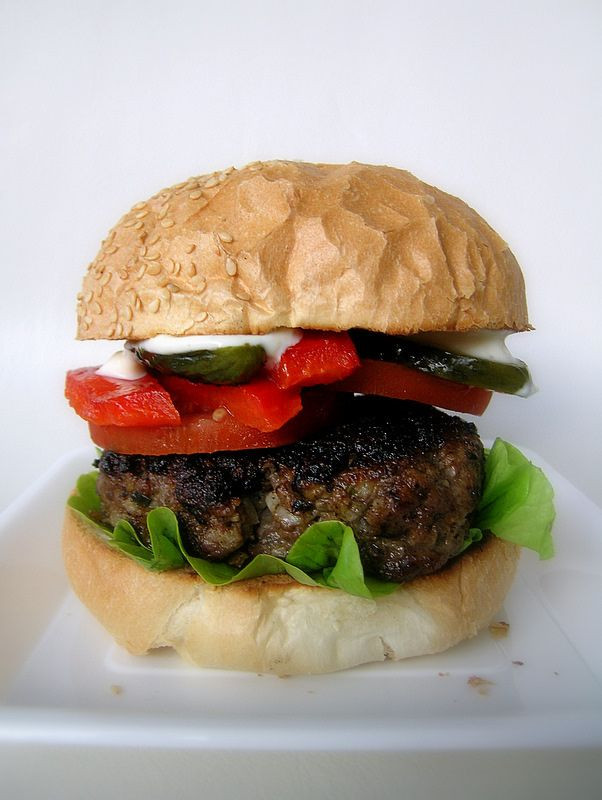Harmful Bacteria In Processed Foods May Be Increasing Our Risk For Coronary Disease And Diabetes

America is addicted to processed foods. We love processed foods so much that our grocery stores stock these products more than anything else, thus explaining why 61 percent of our caloric intake comes from processed snacks. These unhealthy dietary habits are believed to be responsible — partially, at least — for the development of type 2 diabetes and heart disease, two of the leading causes of death in the United States.
A new study, however, suggests we don’t have to give up our favorite processed foods to be healthier. Researchers at the University of Leicester determined it’s the bacteria in processed foods, not the foods themselves, that are responsible for the health risks associated with this diet.
"It has been understood for many years that frequent consumption of highly processed foods, particularly processed meats, is associated with increased risk of developing a range of diseases, including cardiovascular disease, type 2 diabetes, and obesity,” lead author Dr. Clett Erridge said in a press release. “Our recent findings have uncovered a potential mechanism by which certain types of processed foods increase risk of developing these diseases. ”
Using a newly developed technique, the researchers discovered the presence of harmful bacteria that release contaminating molecules, called pathogen-associated molecular patterns (PAMPs), in processed foods. PAMPs were especially prevalent in foods like frozen meals, cheese, chocolate, pre-chopped vegetables, and ground meat products, such as burgers and sausage. They were undetectable in non-processed and fresh foods, which suggests they develop during the food manufacturing stages.
In order to determine the health effects of PAMPs, the researchers kept volunteers on a strict diet with minimal PAMPs. In just one week, participants experienced an average 11 percent reduction in white blood cells.
"In essence, we have discovered that contaminating molecules that arise in processed foods from the overgrowth of a specific type of bacteria during refrigeration or food processing can cause our immune systems to over-react in a manner that might be damaging to health when we eat foods containing these molecules," Erridge said.
The limited-diet volunteers also showed an 18 percent reduction in LDL cholesterol ("bad" cholesterol), lost between 1 and 2 pounds, and reduced their waist circumferences by 1.5 centimeters. If their diet was maintained, the researchers said these positive health changes would equal a 40-percent reduction in risk of coronary artery disease, and a 15-percent reduction in type 2 diabetes risk. When the volunteers were fed foods enriched with PAMPs, any beneficial health changes they experienced were reversed.
"The present work suggests that removing these molecules from common foods could provide a health benefit to consumers and suggest a potential means of making some of our favourite foods healthier without any appreciable change to taste, texture, cost, or ingredients," Erridge Said.
The researchers believe their new technique to detect PAMPs will help food manufacturers identify where in the production process PAMPs develop. "Crucially, we have found that some processed foods do not contain these molecules, and our results suggest it should be possible to manufacture almost any current foodstuff in a manner that results in a low content of pro-inflammatory PAMP molecules,” Erridge said. “Our method can also be used to monitor progress in efforts to clean up the production process. ”
Source: Herieka M, Faraj TA, Erridge C. Reduced dietary intake of pro-inflammatory Toll-like receptor stimulants favourably modifies markers of cardiometabloic risk in healthy men. Nutrition, Metabolism and Cardiovascular Diseases. 2015.



























